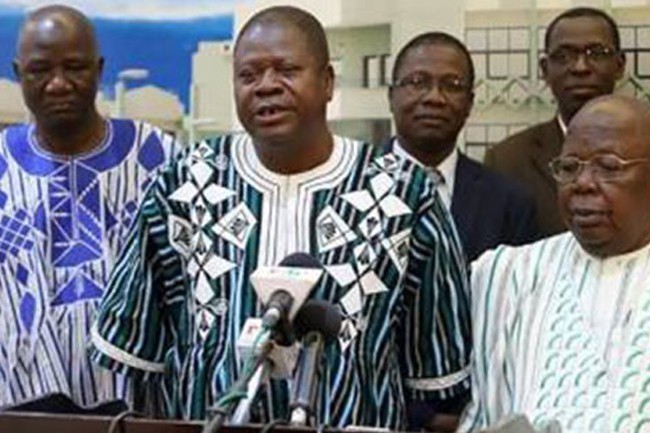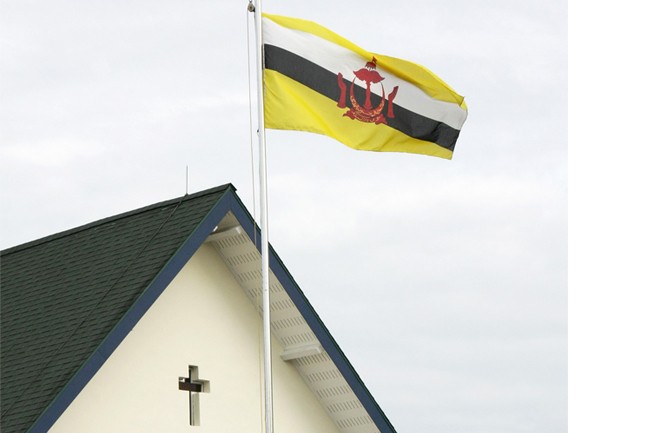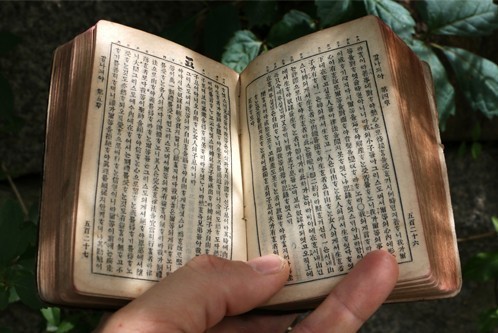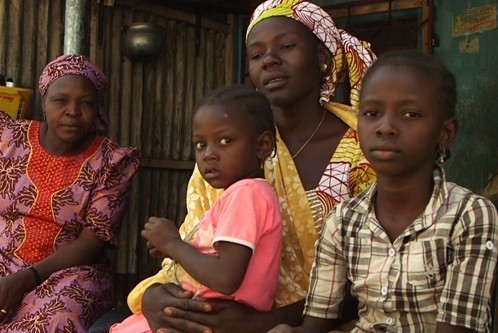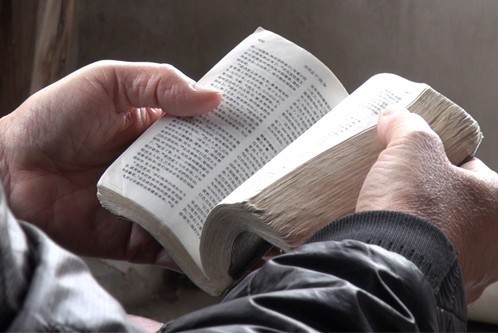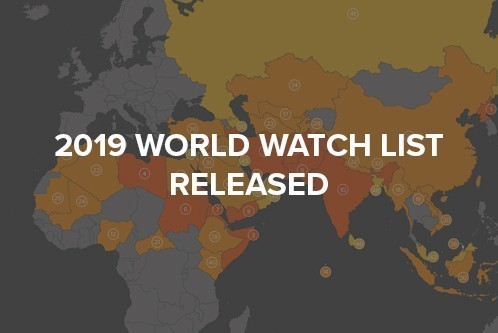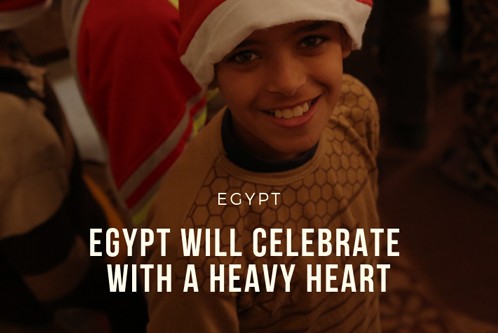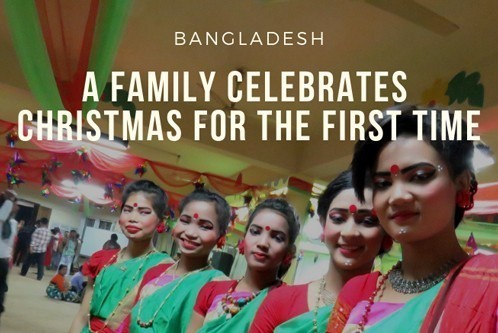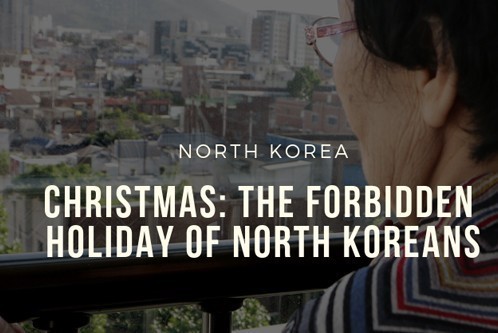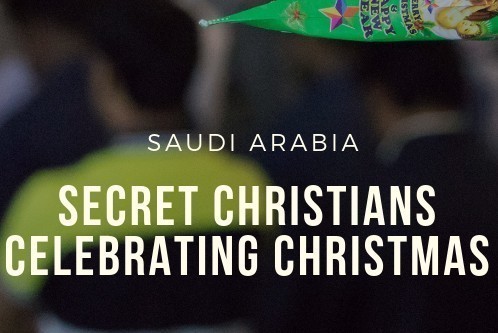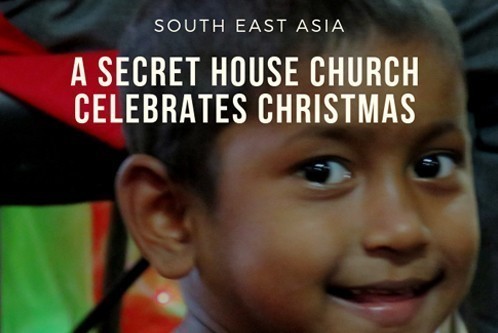Five years ago, only North Korea was in the ‘extreme’ category for its level of persecution of Christians. In the 2019 World Watch List, as in 2018, 11 countries score enough to fit that category.
From roughly 2006, and accelerating from 2012, the List has recorded more persecution of Christians around the world each year. Partly this reporting has become more possible as digital technology has enabled global communication. The technology has also enabled stricter government monitoring of its citizens. This year more countries than before have risen on the List without scoring significantly in the ‘violent incidents’ sphere of research. This points to greater structural, legal and societal restrictions on Christians.
State authoritarianism: More countries add laws to control religion
The trend is most clearly seen in China (no. 27), where new Regulations for Religious Affairs came into force on 1 February 2018. Since then, a focus on prohibiting children and youth from hearing religious teaching has seen nursery and Sunday schools closed down, summer camps banned, and churches forced to place signs at the entrance forbidding anyone under 18 to enter.
In March 2018, President Xi Jinping was allowed to rule indefinitely, the first since Mao to hold such power. China also announced its ‘Principle for the Promotion of Chinese Christianity in China for the Next Five Years’ (2018-2022).
The same state authoritarianism also pressures Christians in Vietnam (no. 20). Its first-ever law on religions since Vietnam was re-unified under Communist rule in 1975, the Law on Belief and Religion, came into force on 1 January 2018.
State authoritarianism combines with nationalism when it comes to Myanmar (no. 18). The country’s first Catholic cardinal, Charles Bo, says that “Over the decades of armed conflict, the military has turned religion into a tool of [ethnic] oppression.” More than 100,000 members of a majority-Christian ethnic tribe, the Karen, remain in refugee camps just across the border in Thailand.
Ultra-nationalistic governments and societies where minority Christians are seen as ‘alien’
In a growing number of countries, nationalism is intensifying into an ultra-nationalism that not only considers law-abiding minority groups to be a threat, but also employs aggression to force minorities to forsake their identity or even to leave the country. Where Christians are in a minority – perhaps due to a colonial past – they are increasingly under attack both by government and society as “Western” and “alien”.
India (no. 10) where, increasingly, the BJP-led government promotes an extremist militant Hindu agenda, where to be Indian, one must be Hindu. Eight states out of 29 have passed ‘anti-conversion’ laws, which, among other things, require anyone who wants to change religion to give a month’s notice to local officials, and to submit to a government interview. (Two states have not implemented the law).
Militant Hindus see Christians as a threat to the nation because of their growth in numbers and a strong presence in the tribal regions. In the most recent year, solely from documented incidents, at least 12,500 Christians and about 100 churches have been attacked. At least 200 people have been arrested solely for their faith, and at least 10 have been killed. However, many incidents go undocumented, so true figures could be much higher.
Neighbouring countries, themselves majority-Hindu and -Buddhist, such as Nepal (no. 32) and Bhutan (no. 33), also have found that appeals to national religious identity are a potent formula to boost their own position of power.
Spread of radical Islam from the Middle East across sub-Saharan Africa
While the violent excesses of Islamic State and other Islamic militants have mostly disappeared from headlines from the Middle East, their loss of territory there means that fighters have dispersed to a larger number of countries and into sub-Saharan Africa. Their radical ideology has inspired numerous other splinter groups spreading hatred towards Christians.
In Egypt (no. 16), which has the Middle East’s largest population of Christians – estimated at about 10% of the close to 100 million population – Islamic State in Sinai continued to threaten to ‘wipe out’ the Coptic Christians by terrorizing the community with targeted murders of respected local leaders.
In Somalia (no. 3), an Islamic State-affiliated group of 200+ has recruited fighters who fled Iraq and Syria, as well as ex-fighters of Somali Islamist al-Shabaab, which also continues to be active. The group chooses Somalia because there is no central authority. Though there may be only hundreds of Christians amongst its 10 million people, the intensely tribal character of Somali society also means any Muslim who converts to Christianity is likely to be immediately detected by family and friends and risks death.
As a ‘failed’ state without a unified government, Libya (no. 4) continues to be a deadly environment, mainly for sub-Saharan African migrants – many of whom are Christians – trapped there by tighter European migration controls.
The glimmers of good news
North Korea: Despite its ranking in the top slot as in every year since the World Watch List 2002, diplomatic meetings ahead of the Donald Trump – Kim Jong Un summit did free three Korean-American Christians from a North Korean prison. Two were lecturers at the Pyongyang University of Science and Technology (PUST), arrested in 2017, accused of “behavior against the regime”. PUST has now changed its recruiting policy. The third was a pastor, convicted as a ‘spy’.
Pakistan: The Chief Justice of Pakistan, Mian Saqib Nisar – at risk of his own life – kept his promise to hear the Supreme Court appeal of Pakistani Christian Asia Bibi before he retires early in 2019. He and his fellow two judges ruled to acquit her, saying her accuser had been lying, and the blasphemy charge, for which she had spent 8 years on death row, was a fabrication. However, their landmark ruling was challenged by days of mass protest and disruption across Pakistan by radical Islamic groups who called for the judges and Asia Bibi to be killed. While Asia Bibi is technically ‘free’, she is still in fear of her life, and unable to leave Pakistan for asylum in a country where she can live safely with her family.
Egypt: There are 3,700 churches waiting to be registered under a 2016 law. By the end of August, 220, and by October, another 120 had been registered, making a total of 340, or 9%. However, at this rate, it will take 12 years to complete all registrations.
Stand with your persecuted church family, and join us in our initiative to bring the World Watch List to our Parliament on 30th January 2019. Invite your MP to attend and get to know more about religious persecution.


